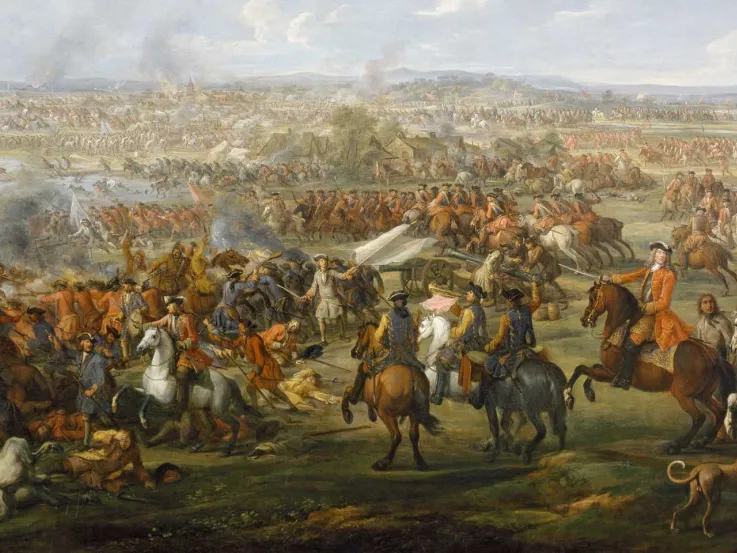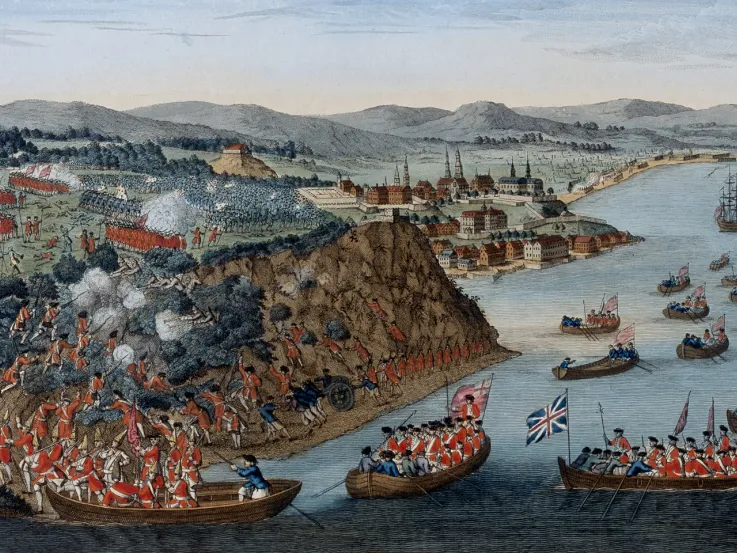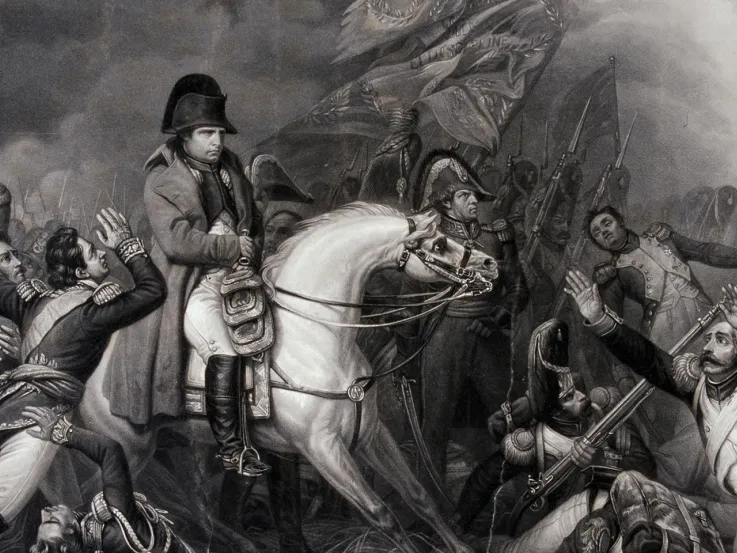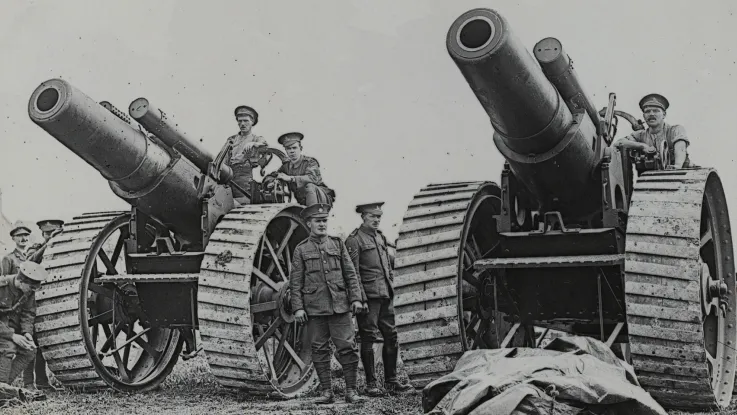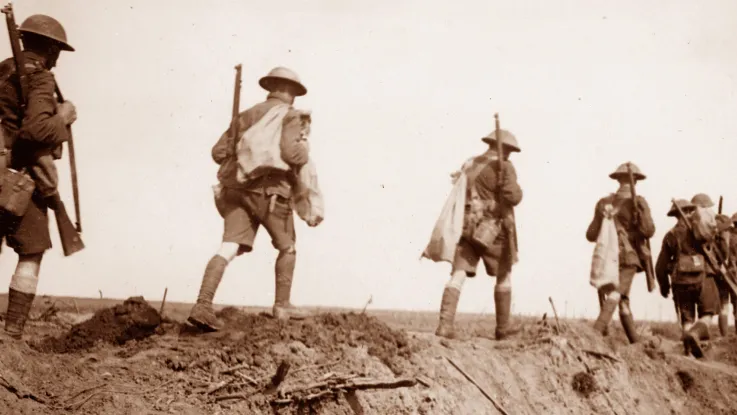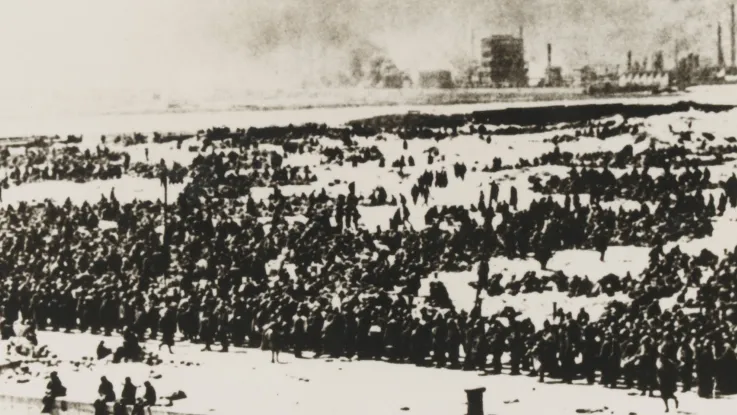‘Nations have no permanent friends or allies, they only have permanent interests.’Lord Palmerston — 1848
The alliance system
Britain has always had to rely on alliances to safeguard its interests. The British Army, primarily a small imperial police force for much of its history, was rarely large or powerful enough to defeat any major rivals on its own. These global powers included Bourbon and Napoleonic France, Imperial and Nazi Germany, and Tsarist and Communist Russia.
As a result, coalition has been a constant factor in British military thinking. The Army has fought nearly all its major wars as a partner in an alliance with other states. Often, Britain has played the leading role. But in many cases, particularly in more recent conflicts, it has been the junior partner.
The nations Britain has fought alongside have changed as the perceived threats to British interests have evolved. Sometimes, its traditional enemies have become its friends, while old allies have become foes.
But in today’s uncertain political climate, does the traditional alliance system remain Britain’s best means of defence?

